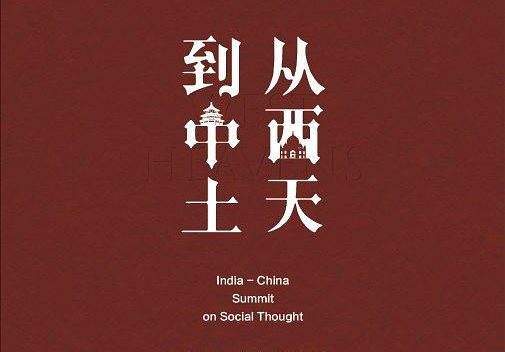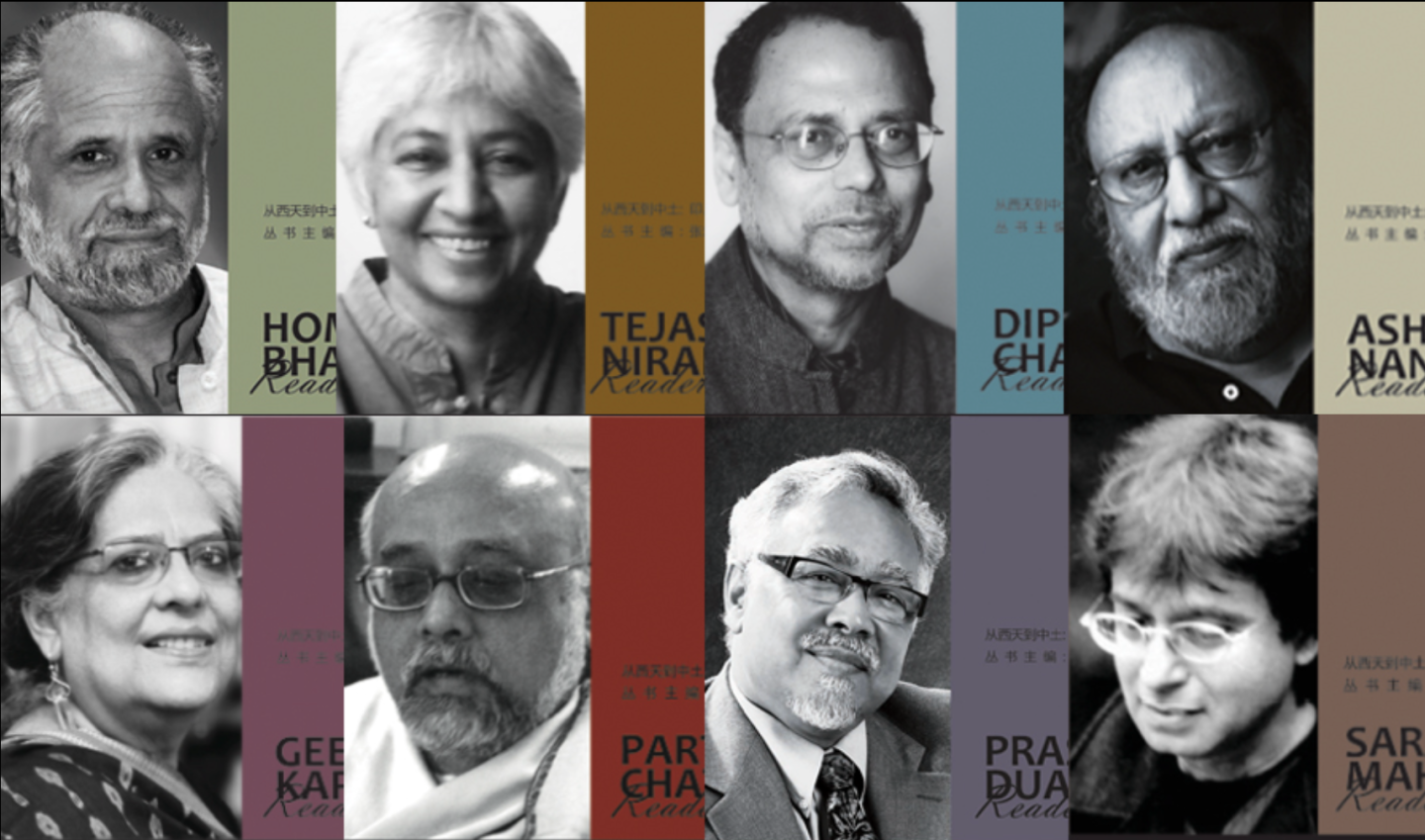2010-2020

The Western Heavens project is a cultural exchange program initiated by Johnson Chang, Chen Kuan-Hsing, and Gao Shiming, and funded by the Moonchu Foundation. It encompasses contemporary art, discussion forums, publications, screenings, and travel projects.
For nearly a century, both China and India have faced the processes of Westernization and modernization. However, before this great cultural shift, there had been another significant cultural exchange: the introduction of Buddhism to China during the Han Dynasty. Although the influence of Buddhism was not as intense and impactful as the revolutions and upheaval of the 20th century, it had a profound and lasting impact, and endured through generations until its full assimilation by the Confucians of the Song Dynasty. After a century of Westernization and revolution, revisiting India allows us to rediscover the memory of Chinese cultural self-transformation, and reminds us that when imagining the ‘West’, there is in fact another ‘Western Heaven’ much closer to us in distance, but further away in perception.
This project was first presented as Western Heavens: India-China Summit on Social Thought forum, and was one of the five acts of the Rehearsal: The 8th Shanghai Biennale. From the opening of the Biennale onwards, every two weeks a noted Indian scholar and a Chinese scholar were invited to give lectures and engage in dialogue at institutions such as Shanghai Art Museum, China Academy of Art, Fudan University, and Zhejiang University. There were fourteen sessions in total, and the project also involved the editing and publishing of ‘West Heavens: Readers of Current Indian Thought’ (8 volumes, 550,000 words). This occasion marked the first in-depth exchange between China and India in contemporary art and academia, with the aim of exploring the phenomenon of belonging to historical civilizations which have become contemporary cultures, as well as examining the ways in which the imagination of foreign lands influences local cultures.
To date, Western Heavens has organized over 100 activities, including forums, exhibitions, film screenings, and workshops, and has published more than 30 books.

